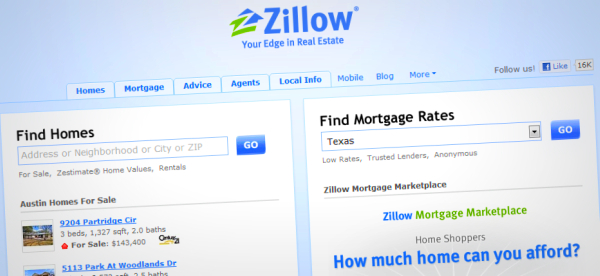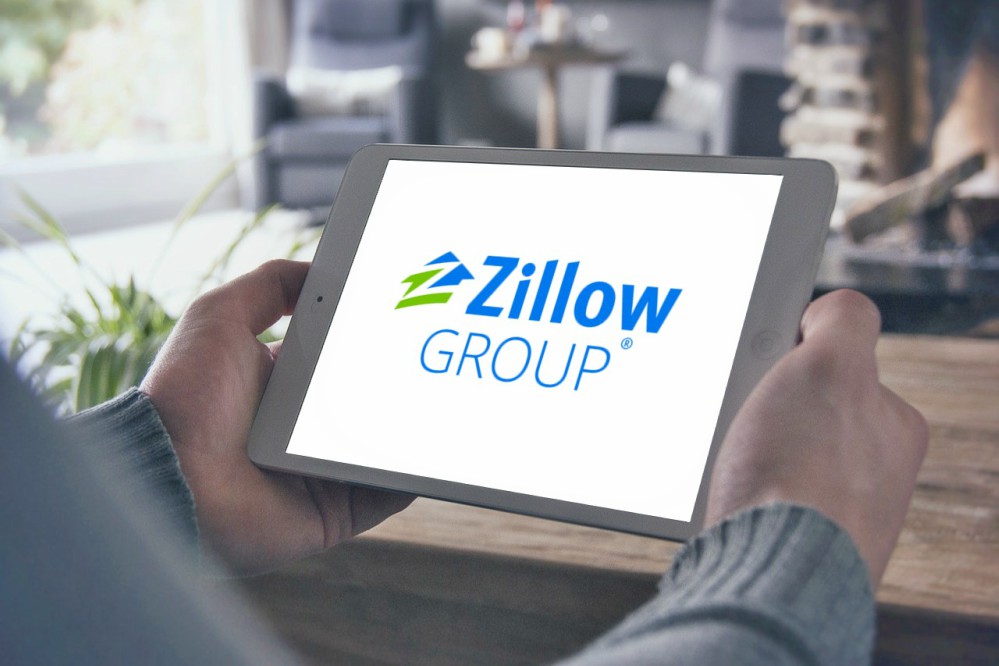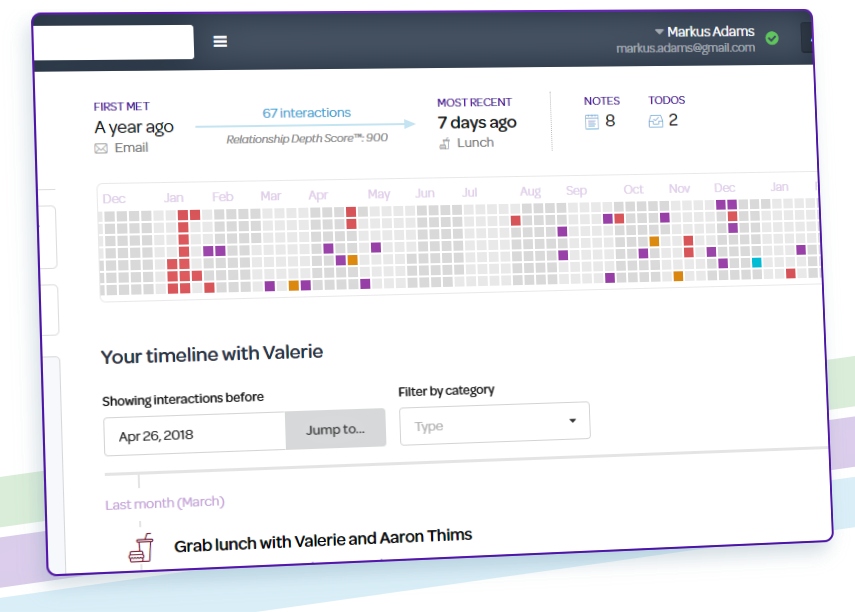
AVM accuracy always in question
The truth of the matter is that even with modern technology combined with genius mathematicians, coders, economists, hackers, designers and executives, no website can accurately put a price tag on a home. There is no magic robot that can compute an accurate AVM (automated valuation model) of every home in America, but some have taken a shot at it anyhow.
Years ago, real estate search site Zillow.com launched “Zestimates” that attempt to be that magic robot based on a combination of public records. For years, agents disputed Zestimates and offered tangible evidence of drastically incorrect prices assigned to homes, and the price tags were referred to by the industry and even many consumers as being used “for entertainment purposes only” and agents advised web consumers to use it as a starting point, not a CMA.
New tweaks to the algorithm = more accurate?
Over the past years, Zillow has tweaked their algorithm and the median margin of error for Zestimates has gone from a nearly unacceptable number to today’s announcement from Zillow that they have altered the Zestimate algorithm to “more accurately reflect housing market volatility and updated home facts provided by millions of users” bringing accuracy to an 8.5 percent median margin of error. Some would argue that an 8.5 percent margin of error is acceptable and the closest thing to a magic robot possible, while others would argue that if they were wrong nearly ten percent of the time, they would be risking their real estate license.
What an AVM will never be able to do
AVMs are always questioned for their accuracy because they can’t possibly know everything an agent on the ground knows. No website today in existence knows that the local zoning committee will be debating claiming eminent domain for a proposed ball park this fall, nor do websites know that there is a rapist on the loose in the west side and no one wants to move there right now, nor does a website know (as a Realtor does) that the three houses that look to be priced properly but continue to sit on the market are likely doing so because of the massive collection of yard “art” consisting of giant concrete statues, gnomes, cars on blocks, old soda bottles and the like. No website knows that up the street, a new high rise is about to break ground and the rumor is that the deals will be so amazing that an entire neighborhood is sitting still while waiting to see what will happen. No website knows that the house on the end of the cul-de-sac isn’t selling because there was a murder in it last month before going on the market or that the elementary school is on the brink of losing their funding because of missed AYP (adequate yearly progress) benchmarks as required by the No Child Left Behind Act.
You see, robots can’t know what people know because until computers are predictive and psychic and know human emotion and sentiment on an extremely micro level, there will be no such thing as a 100% accurate AVM/Zestimate.
Does Zillow know this? Yes, which is why they continue tweaking and updating their algorithm. Is it a lofty goal to push for consumers to adopt AVMs? Yes, and after a rocky start, Zillow has been fairly realistic and doesn’t claim to be a crystal ball and the terms of accuracy are much more clear on their site than at launch.
The catch 22 of Zestimates
The catch 22 in this scenario is that AVMs based on today’s technology are wildly flawed and at an 8.5 percent median margin of error as one of the most accurate on the market, but consumers now understand what an AVM and most (not all of course) understand that it is not a CMA. Realtors have been on the front line making it clear the difference between an AVM and CMA which has helped. If AVMs were outlawed tomorrow, consumers would be angry and frustrated (and likely blame the evil Realtor empire), so they aren’t going away, therefore we applaud any effort to make AVMs more accurate.
Lani is the COO and News Director at The American Genius, has co-authored a book, co-founded BASHH, Austin Digital Jobs, Remote Digital Jobs, and is a seasoned business writer and editorialist with a penchant for the irreverent.









































Rainer
August 25, 2011 at 7:34 am
IMO, agents have a margin of error of about 10%. A CMA can be written anyway the agent wants, yo either get the business with a higher value or to get a price reduction with a lower one. How do you value that pool or that extra bedroom versus comps? It's a flat out guess. Appraisers even say theirs is an estimate of value. So, 8.5% is pretty good. 🙂
Fred Romano
August 25, 2011 at 11:43 am
I agree, I think the Zestimate is not too far off the mark, compared with agents "CMA's" which are inherently flawed in many cases because they want to "get the listing" — so anything goes!